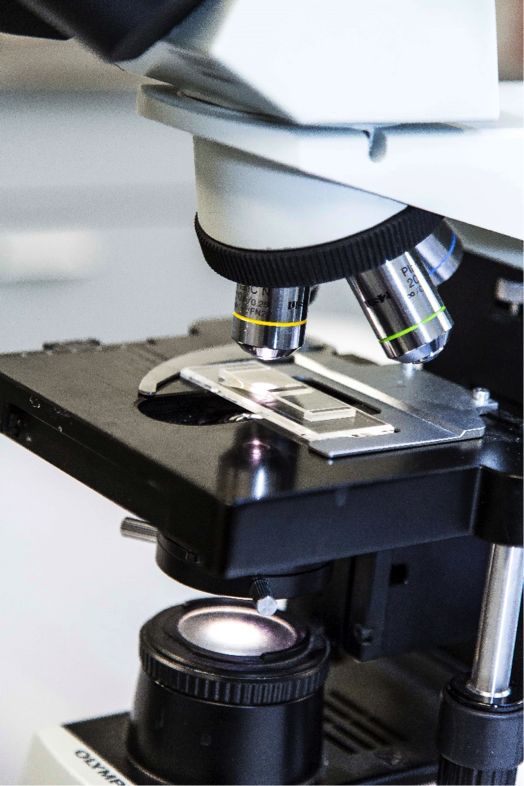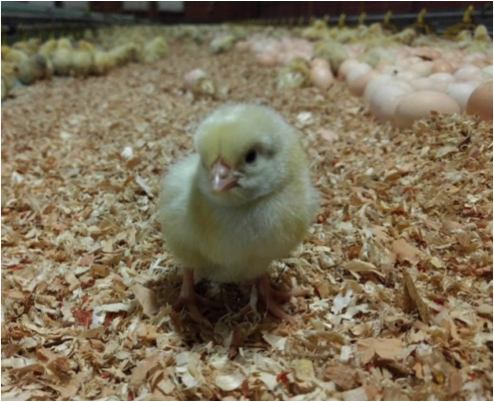LEARNING OUTCOMES
1. Competences in poultry health sciences
- Have advanced knowledge in poultry embryology, anatomy, physiology, immunology, genetics, and behaviour.
- Master basic principles of poultry production methods, housing, biosecurity and economics of poultry health sciences.
- In-depth insight in the field of poultry feed, feed additives, and feed analysis.
- Have knowledge and insight in the pathogenesis, epidemiology, diagnostics, prevention and treatment of infectious and non-infectious poultry diseases.
- Have basic knowledge of pharmacological processes, drug disposition, withdrawal time, and drug residues.
- Have basic knowledge of vaccine development and mechanism of action, and insight in the vaccine usage in poultry production.
- Developed critical thinking skills and insights in hot topics in poultry production such as responsible use of antimicrobials, sustainability in livestock production, animal welfare, and public perception of poultry production.
- Have knowledge of guidelines to maintain and assure food quality and food safety of poultry products.
- Have basic knowledge and insight on return on investment of interventions to support poultry health.
- Have basic knowledge of international poultry legislation, regulations, and standards.

2. Scientific competences
- To be able to search for scientific information, analyze and critically evaluate independently.
- To be able to make a scientific observation, critically process this information, and to elaborate on their observation.
- Being able to formulate a research question and to write the outline of a research proposal.
- To understand the basic principles and the application of biomedical laboratory techniques frequently used in poultry research and diagnostics.
- To be able to approach the development of poultry health promoting products and strategies scientifically.
3. Intellectual competences
- To be able to critically analyze, evaluate, and develop solutions to a straightforward poultry health, welfare, food safety or management related problem.
- To conduct theory application and practical assignment, and animal dissection accurately.
- To have a critical-reflective attitude.

4. Communication
- Being able to communicate fluently in writing and orally about poultry research at a technical / scientific level, both with colleagues and to a general audience.
- Being able to share experiences and information in an international team.
- To be able to approach socially sensitive topics based on scientific reasoning.
5. Social competences
- To be aware of ethical and the public perception of poultry production, selection, handling, and slaughtering.
- To be aware of the societal impact of inappropriate use of antimicrobials and antimicrobial resistance.
- To be aware of the societal impact and public perception of the environmental impact of poultry farming.
- To be aware of the societal impact of emerging trends in poultry farming.
6. Entrepreneurship and innovation
Being aware of the importance of scientific research in the development and usage of products which support the health and well-being of poultry.

